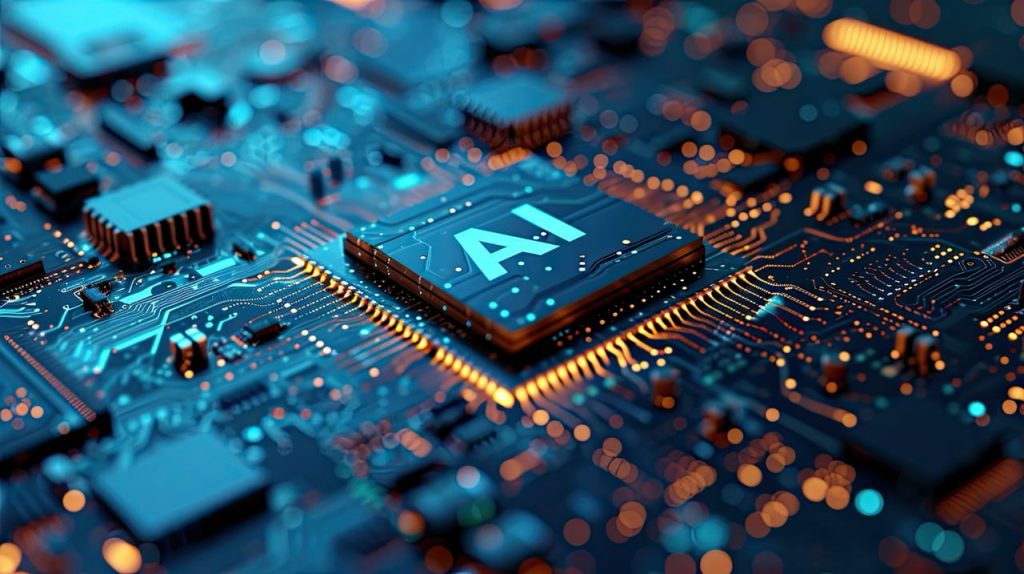
According to a report by Goldman Sachs, AI has the potential to replace around 300 million full-time jobs. This could involve automating a quarter of work tasks in the U.S. and Europe. This growth can perhaps be connected to the increased understanding of how this technology can be implemented.
Artificial Intelligence (AI) stands at the forefront of technological innovation, representing a transformative force that continues to reshape the way we live, work, and interact with the world. AI has found its way into various industries, including healthcare, finance, manufacturing, and entertainment, streamlining processes, enhancing efficiency, and unlocking new possibilities. While the potential benefits of AI are immense, there are also ethical considerations and challenges, such as bias in algorithms, privacy concerns, and the impact on employment. As we navigate the evolving landscape of AI, finding a balance between innovation and responsible development is crucial to harness its full potential for the betterment of society.Our team has prepared an article where we speak about ethics of AI. Read the full article in



